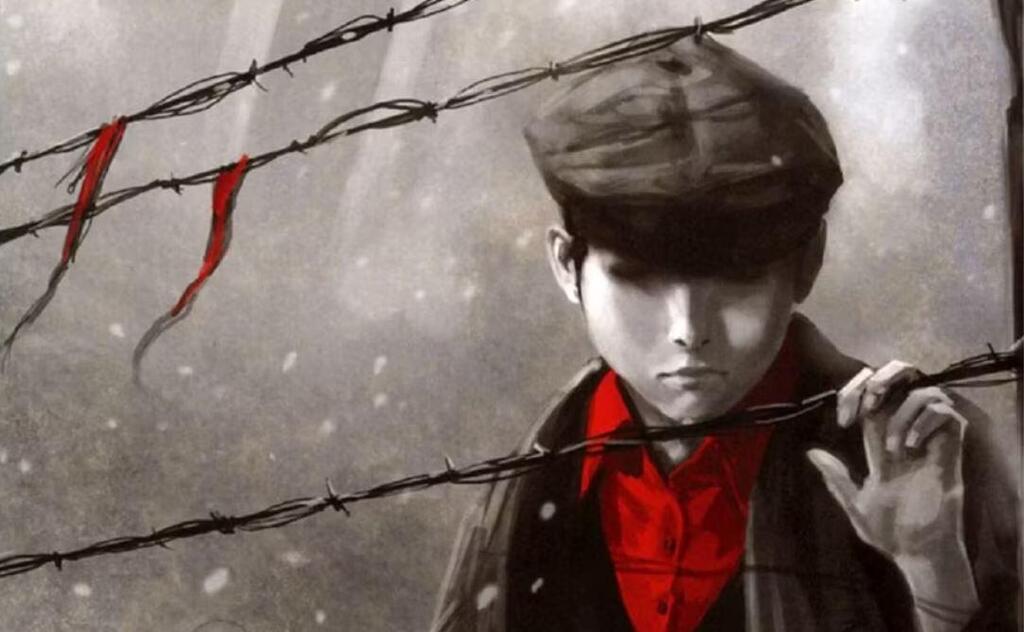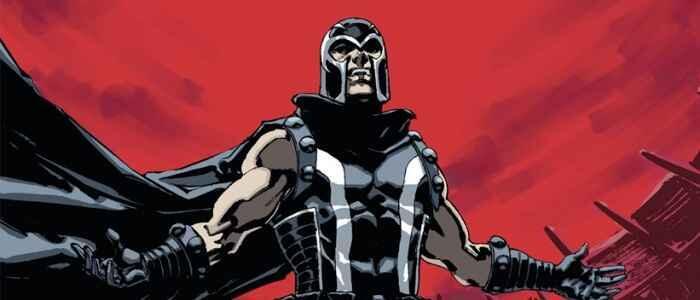Getting your Trinity Audio player ready...
Many comic book characters have seen “retcons” – a revision of their backstory to fit with changing eras, ensuring that the characters stay “timeless.” X-Men antagonist Magneto, who debuted in 1963, was a child survivor of the Holocaust. That would put him in his 80s today - definitely not a physically fit supervillain in his prime. Nevertheless, author Chris Claremont stated in an interview that he “doesn’t recommend a retcon” of the Holocaust survivor origin story.
With a new mutant Israeli superheroine named Sabra coming soon, and mutants such as Wolverine being referenced in recent TV shows such as She-Hulk and Miss Marvel, fans are excited to see those with the X gene on screen. More recently, the antihero Namor revealed that he’s a mutant in the 2022 sequel "Black Panther: Wakanda Forever." So, we can only expect Magneto to reappear soon - especially since his rival Professor X was already seen in "Dr. Strange: The Multiverse Of Madness," also released last year.
2 View gallery


Megneto was rescued by Captain America and Wolverine from a Nazi concentration camp in the Holocaust
(Photo: cbr.com)
Magneto’s creator, the late Stan Lee, was Jewish, but he didn't initially conceive of Magneto as Jewish. In fact, he first debuted as a “regular villain” with no deep backstory in 1963, and actually intended for him to be the brother and rival of X-Men founder, Professor X. However, writer Chris Claremont (despite the name) had a Jewish mother, and added the Holocaust backstory in 1981. The Holocaust has since been a central element of his backstory. The X-Men may not be the most powerful superhero team. Still, they are probably the most diverse, with members from Africa (Storm), Canada (Wolverine), Australia (Bishop) and several other places.
Two decades ago, when the X-Men movie franchise came out, the first scene opens at Auschwitz. A young boy is separated from his family. As he screams, the gates bend, and his mutant power of magnetism manifests. The movie then flashes forward to the modern era. He survives and becomes the anti-hero Magneto.
Magneto’s real name was initially Erik Lensherr. In 2008, it was retconned to Max Eisenhardt by author Greg Pak. In 2005, Avi Arad, the former director of Marvel Comics, told The Jerusalem Post that Magneto had parallels with Zionist leaders Menachem Begin, Ze'ev Jabotinsky, and Meir Kahane. But, Claremont insists that in his mind former Israeli prime minister Begin was the inspiration. He also intended for Magneto to take over the X-Men team, like Begin and the right-wing Likud party took over Israel's government from its left-wing founders in the 1970s.
The 2000s X-Men Evolution cartoon shows Wolverine and Captain America saving a young Magneto from a concentration camp. His powers emerge when he protects his rescuers from incoming Nazi missiles. An elderly Magneto later tells Wolverine (whose healing factor slows down his aging process), “There was a small boy in Poland that owes you so much.” In the 2011 film "X-Men: First Class," Magneto (portrayed by Michael Fassbender) is seen speaking to his mother in German rather than Yiddish.
Yes, they could de-age, clone, or add slow aging to Magneto's mutant powers - other characters that were adults in World War II and are still at their primes in the present day, such as Captain America and Wolverine, possess the latter trait.
What we can be sure of: Any retcon changing the iconic backstory will inevitably witness backlash, just as we see when they change a costume, accent or ethnicity in any live-action adaptations.
Group CEO of Dubai-based Speedy Comics Group, Rashid AL Farooq, says, “I think the best thing is always to stay true to the origin story like it was in the comics. We, old-school comic lovers, appreciate it when movies try to stick to the original.”
So, while different writers and directors have had their spin on Magneto over the years, the Holocaust survivor backstory has defined the X-Men anti-hero for over four decades, and it will require much creativity on the director’s part to showcase this in any new film series if Magneto makes an MCU appearance.
Reprinted with permission from i24NEWS


